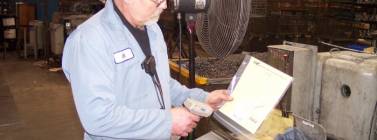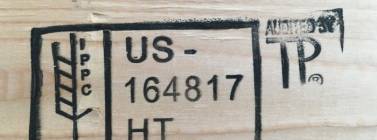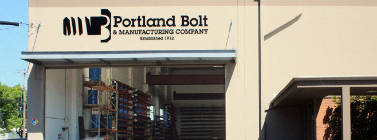Why do some manufacturers have a policy of shipping quantities of +/- 10%?
Portland Bolt does not abide by the practice of shipping quantities of +/- 10%. We feel this policy is ludicrous. We ship exact quantities and the reason is explained below.
Shipping +/- 10% is done as a cost-cutting measure by many manufacturers. Since several parts are lost during the manufacturing process (some are used for testing, to set up equipment, etc.), it is imperative that extra parts are added at the beginning of the production run to ensure that are enough pieces are left at the end of the manufacturing process to fill the order complete. If a manufacturer has a significant overage at the end of the run, they want to be able to ship and invoice that overage, rather than throw them in the scrap bin. On the other hand, if they end up a few pieces short, they want to be able to call the order complete, rather than incurring the significant costs associated with going back and manufacturing the small shortage from scratch. Hence, the origin of the +/- 10%.
Portland Bolt does not do business this way. We ship and invoice the exact quantity the customer orders. We do begin the manufacturing process with extra parts as described above but only ship and invoice them with approval from the customer. Some companies are willing to accept them, while others are not. For example, OEMs that use the part repetitiously are often able to accept an overage, as are marine contractors working around water. It is much less expensive to pay for a few extra parts up front than to pay a diver to retrieve a couple of bolts that were dropped to the bottom of a lake. Other companies either build in their own extras or are simply not willing to pay for them. In the rare event that we lose more parts during production than the number of extras we began the order with, we go back and make more so that we are able to fill the order complete.
When a company’s policy is to ship +/- 10%, the customer can’t simply add 10% to the cost of the parts and be covered. They need to add an additional 10% to the 10% in order to be covered from a cost perspective. Here is the math. Let’s say I need 100 parts and the products cost $1.00 each. When I order from a company with a +/- 10% policy, I need to buy 110 pieces in order to ensure I receive at least 100 parts. However, there is a chance that the manufacturer could ship me 10% more than the 110 pieces I am forced to order. Therefore, I could receive as many as 121 parts when I really only need 100. So instead of budgeting $100 for the order, I need to budget $121 to cover the fact that I need to place the order for 10% more than I need and then run the risk of receiving an additional 10% on top of that.




